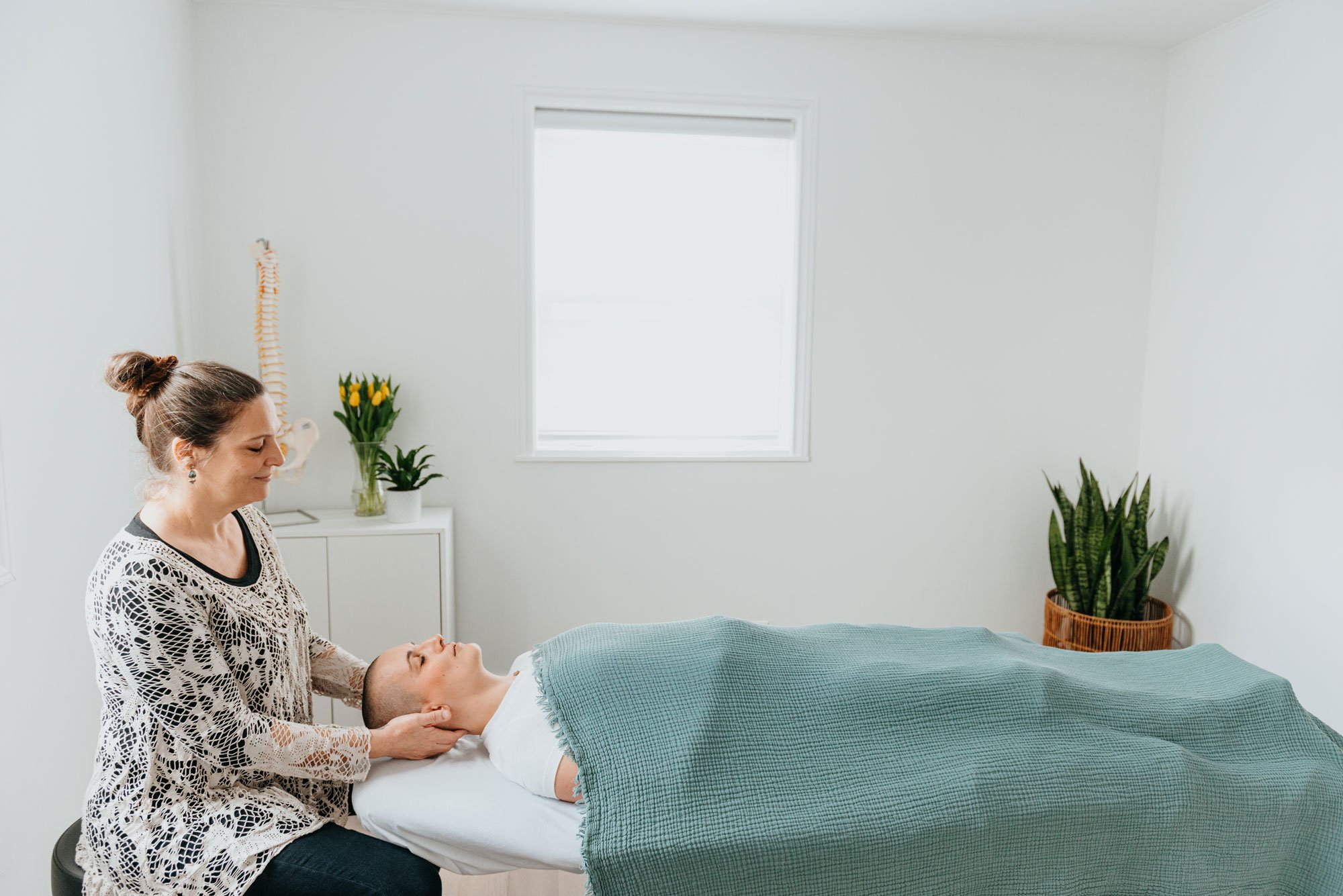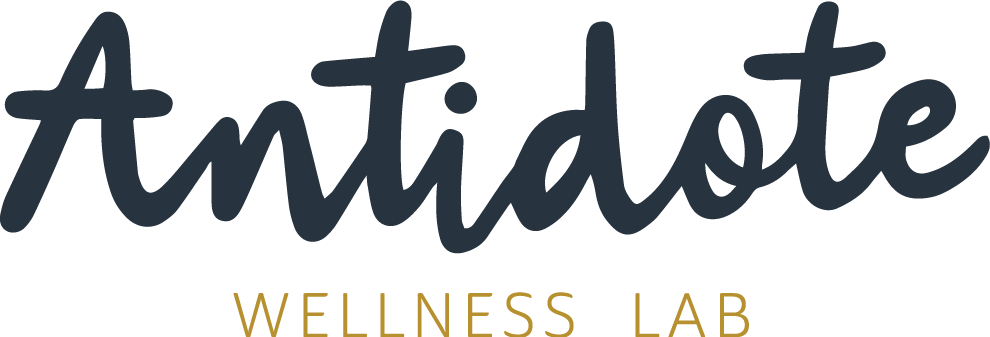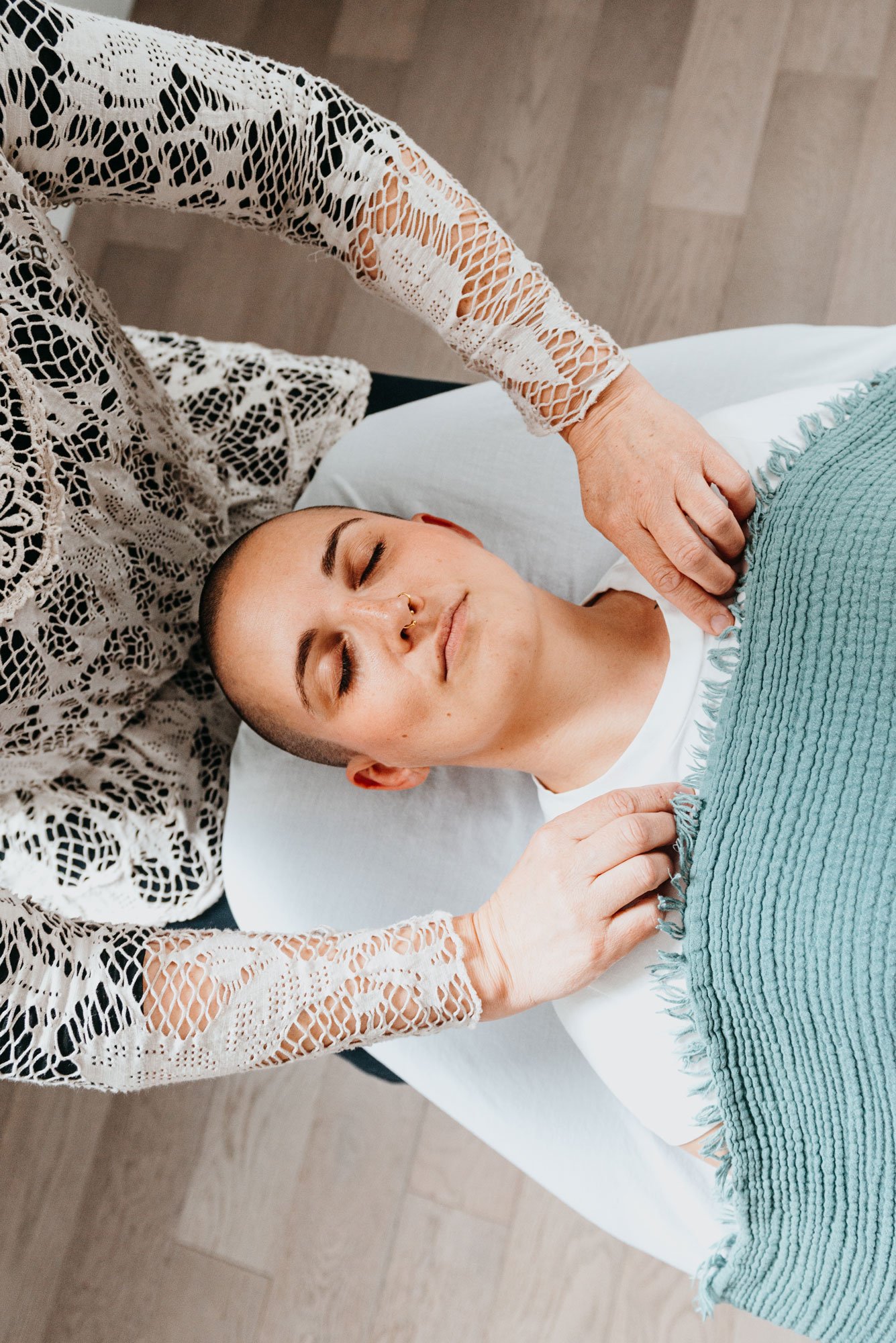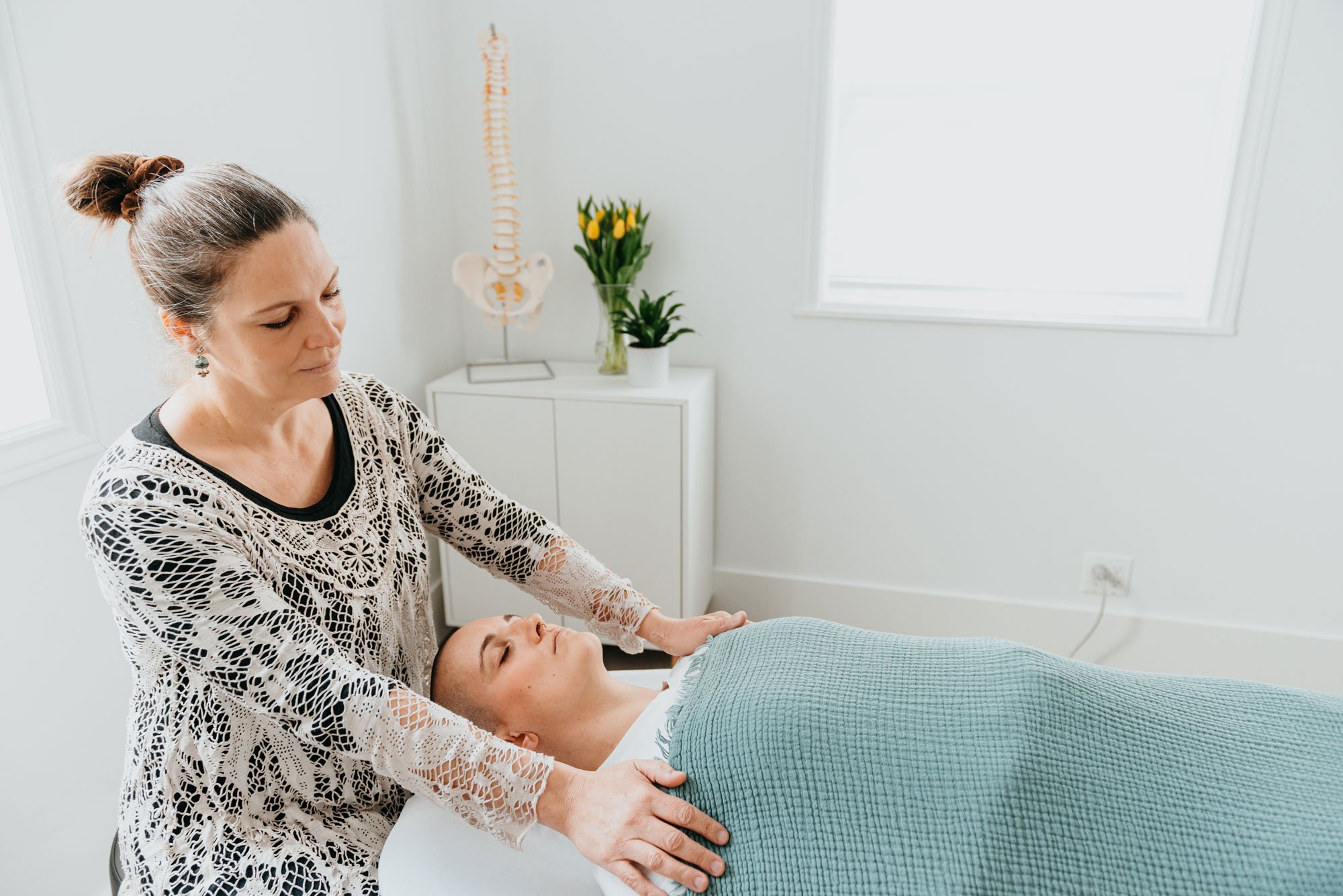
Craniosacral Therapy
Gentle non-invasive, hands-on therapy that aims to release restrictions in the craniosacral system to improve the functioning of the central nervous system
Craniosacral Therapy
Service Description COMING SOON
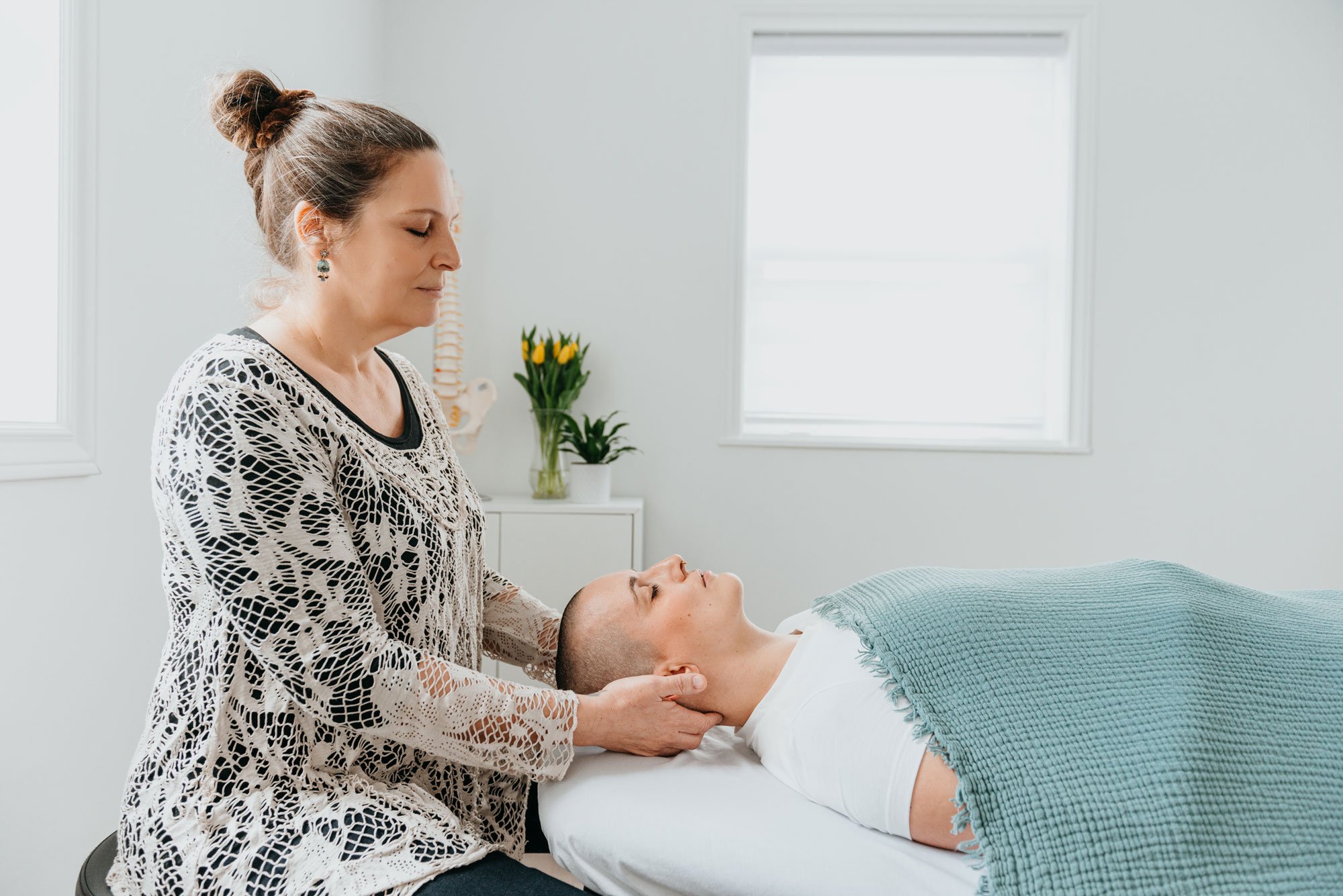
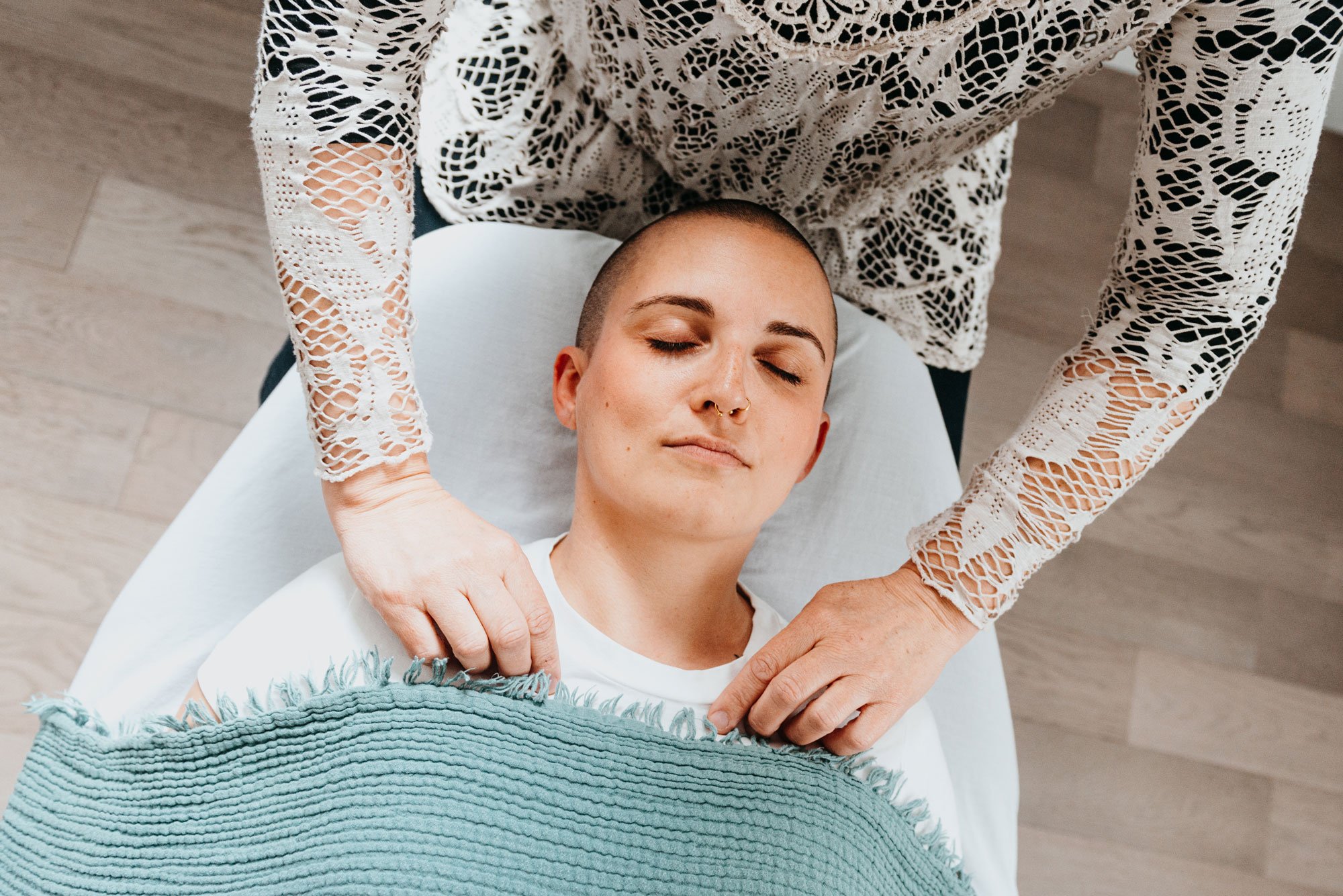
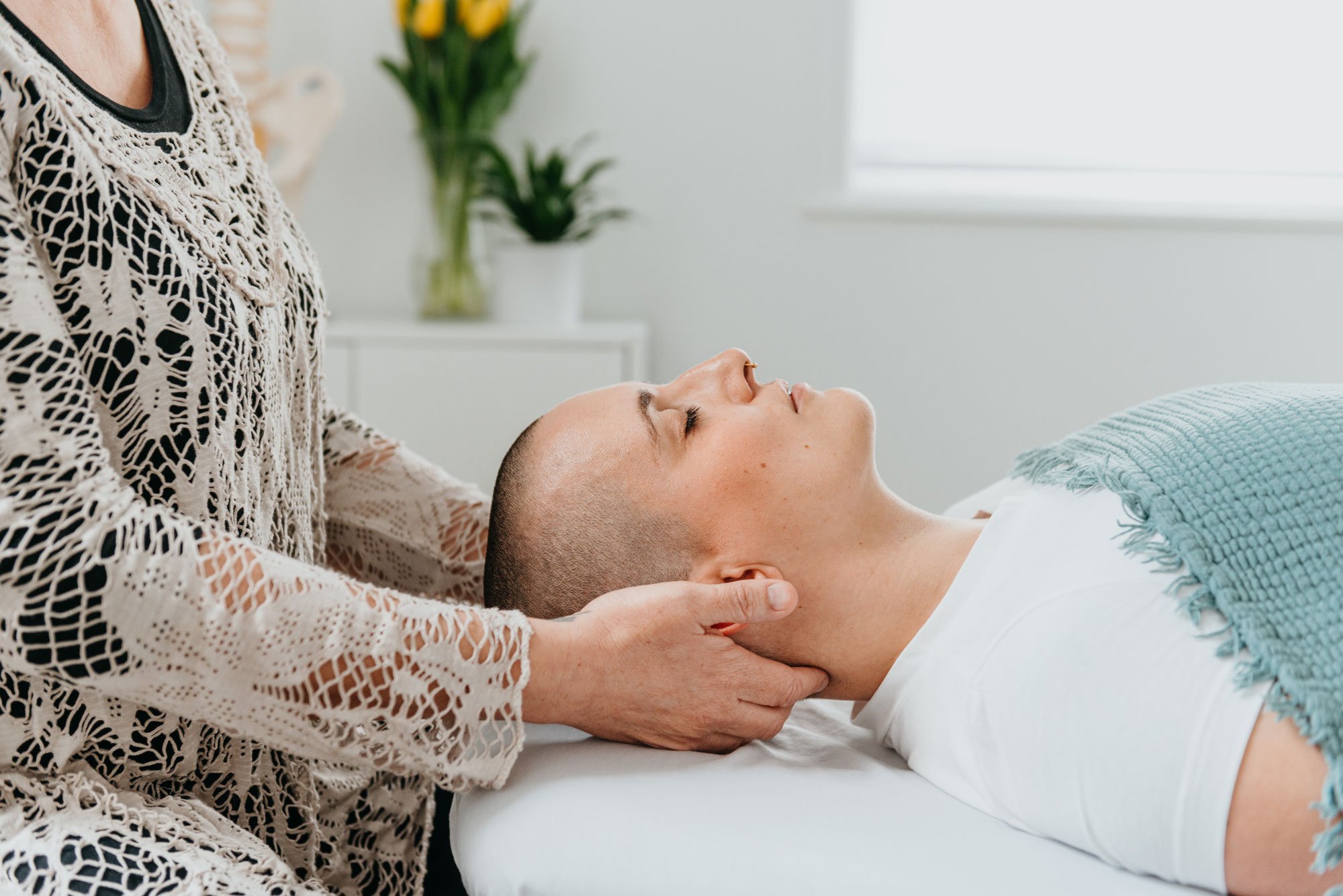
Common Conditions Treated:
COMING SOON
